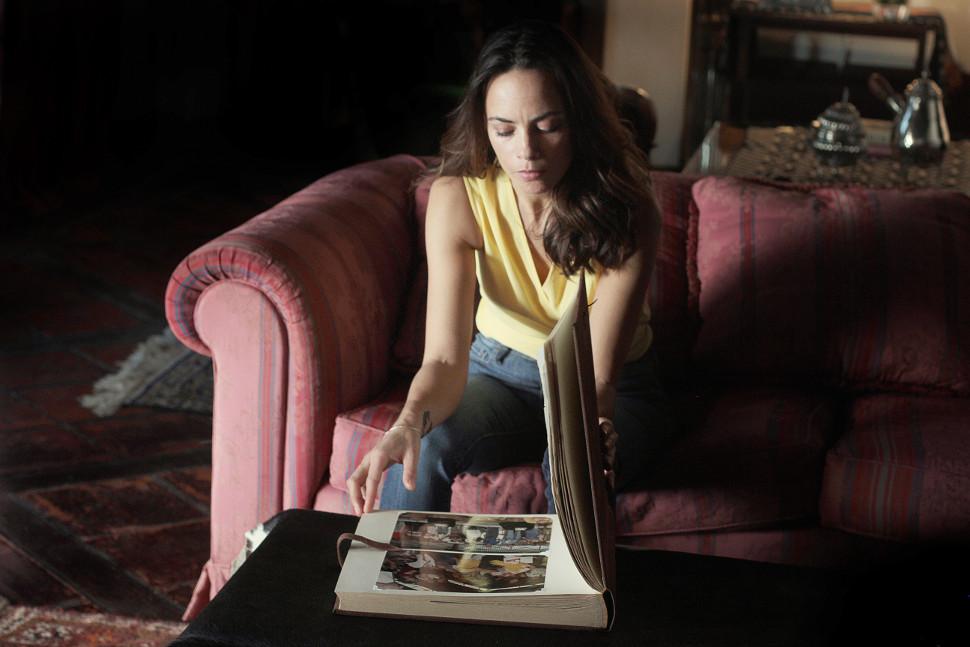
Director.: Pablo Trapero; Cast: Martina Gusman, Bejo, Edgar Ramirez, Joaquin Furriel, Graciela Borges; Argentina 2018, 117 min.
Pablo Trapero (The Clan) takes another look at Argentina’s traumatic past, pairing the political and the personal in this stylishly frivolous Tele-Novela drama, which has more secrets up its cheeky sleeve than the audience initially bargained for. Centred around two incestral sisters, Trapero invokes the Bunuel films of his Mexican period, sticking to a strict inforcement of Freudian interpretations.
After her father’s stroke, Eugenia (Bejo) returns from Paris to Buenos Aires. She is meeting up with her sister Mia (Gusman) and mother Esmeralda (Borges), who live in the very inaptly called country villa The Quietude. The sisters are close and look uncannily the same, sharing more than just the taste for the same man. Eugenia’s husband Vincent (Ramirez), soon turns up and is greeted by a more than friendly Mia, who fetches him from the airport. Eugenia reveals she is pregnant after a long time of trying. Her tyrannical mother is over-joyed, her lover Esteban (Furriel) claims that it is his baby, and wants a paternity test. Meanwhile the father’s health detirioates, and Esmeralda finally pulls the plug in the middle of the night. After his funeral, Mia gets drunk, and whilst her sister is driving her home, she causes an accident.
But soon an unseemly past comes knocking: the family is accused to have profited from imprisoned victims of the 1980s Military dictatorship – they signed their property over to the lawyers hoping for clemency in return. Esmeraldo claims that it was her husband who went into prison to get the signatures, but Mia, her father’s favourite, sets out to resarch her claim. Trapero ends on an implausible but romantically happy-end for the sisters.
The wildly oscillating plot does not hide the sincerity of the conflict: obvious, dishonesty has spoiled family life for a long time, and the patriarch’s death forces a solution which might have otherwise not happened. Like with Bunuel, the family is always a place to hide guilty secrets, and children are burdend with the sins of their parents.
Furthermore, some siblings like to stretch out their idyllic childhood into adulthood because they are disappointed by life, and want to escape into the past. The narrative and ensemble acting is convincing, images are strictly limited by a TV-style format – a shame, because the close-ups dominate and take away some of the enjoyment of the Buenos Aires cityscapes and the local pampas. But overall The Quietude is a rollercoaster ride of light-hearted lust and petty infighting. AS
VENICE FILM FESTIVAL 2018